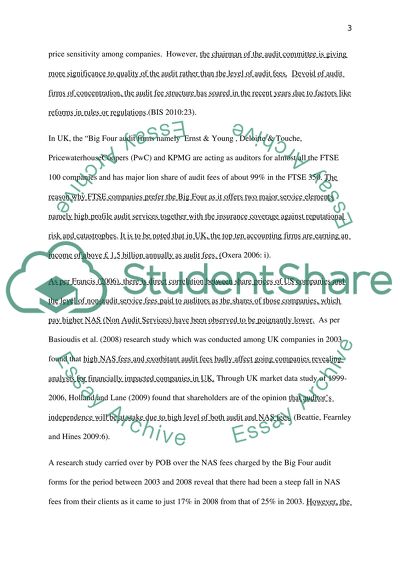Cite this document
(“The Level of Audit fees - current issue in Auditing with special Essay”, n.d.)
Retrieved from https://studentshare.org/finance-accounting/1393366-the-level-of-audit-fees-current-issue-in-auditing-with-special-emphasis-to-ftse-100-companies-in-uk
Retrieved from https://studentshare.org/finance-accounting/1393366-the-level-of-audit-fees-current-issue-in-auditing-with-special-emphasis-to-ftse-100-companies-in-uk
(The Level of Audit Fees - Current Issue in Auditing With Special Essay)
https://studentshare.org/finance-accounting/1393366-the-level-of-audit-fees-current-issue-in-auditing-with-special-emphasis-to-ftse-100-companies-in-uk.
https://studentshare.org/finance-accounting/1393366-the-level-of-audit-fees-current-issue-in-auditing-with-special-emphasis-to-ftse-100-companies-in-uk.
“The Level of Audit Fees - Current Issue in Auditing With Special Essay”, n.d. https://studentshare.org/finance-accounting/1393366-the-level-of-audit-fees-current-issue-in-auditing-with-special-emphasis-to-ftse-100-companies-in-uk.


